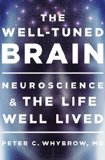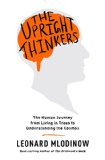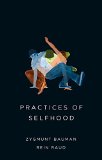new book – ‘The Secret History of Kindness: Learning from How Dogs Learn’ by Melissa Holbrook Pierson
May 11, 2015
The Secret History of Kindness: Learning from How Dogs Learn by Melissa Holbrook Pierson (W.W. Norton & Co., 2015)
(kindle ed.), (amazon.co.uk), (UK kindle ed.)
Book description from the publisher:
An intimate, surprising look at man’s best friend and what the leading philosophies of dog training teach us about ourselves.
Years back, Melissa Holbrook Pierson brought home a border collie named Mercy, without a clue of how to get her to behave. Stunned after hiring a trainer whose immediate rapport with Mercy seemed magical, Pierson began delving into the techniques of positive reinforcement. She made her way to B. F. Skinner, the behavioral psychologist who started it all, the man who could train a pigeon to dance in minutes and whose research on how behavior is acquired has ramifications for military dolphin trainers, athletes, dancers, and, as he originally conceived, society at large.
To learn more, Pierson met with a host of fascinating animal behaviorists, going behind the scenes to witness the relationships between trainers and animals at the National Zoo in Washington, DC, and to the in-depth seminars at a Clicker Expo where all the dogs but hers seemed to be learning new tricks. The often startling story of what became of a pathbreaking scientist’s work is interwoven with a more personal tale of how to understand the foreign species with whom we are privileged to live.
Pierson draws surprising connections in her exploration of how kindness works to motivate all animals, including the human one.
Google Books preview:







